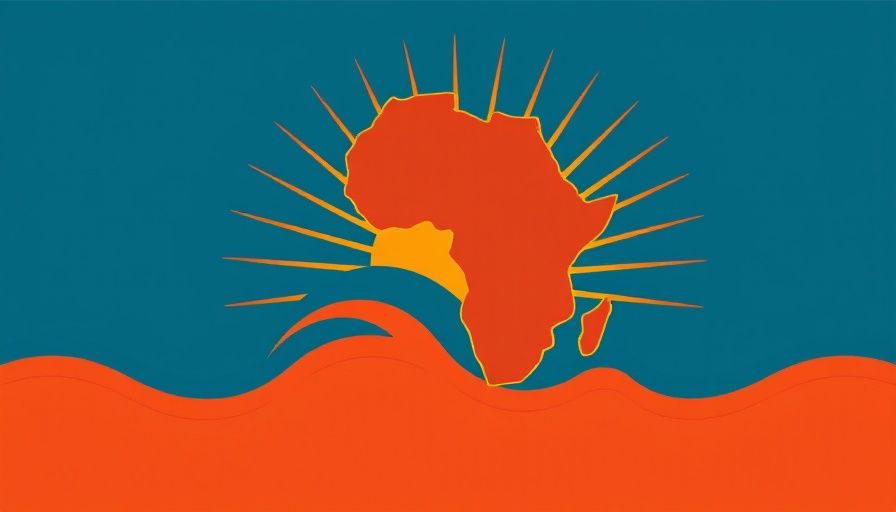
The Rise of Africa’s Billion-Dollar Startups
Africa has been making headlines for its dynamic startup scene, especially as the continent navigates the aftermath of the pandemic. Last year marked a significant rebound in startup funding, surpassing $2 billion and mirroring the activity seen before 2020. However, the landscape is evolving; startups are now facing tighter scrutiny from investors, many of whom are prioritizing profitability over growth at all costs.
Challenges in the Startup Ecosystem
The trend towards sustainable business models highlights a critical point: many well-capitalized startups are grappling with existential challenges. High-profile closures, such as mobile commerce platform Copia and data analytics firm Gro Intelligence, have raised alarms about the viability of even previously promising ventures. These closures signal that the tightening of funding isn't merely a phase; it suggests a fundamental shift in investor expectations and market realities.
Driving Forces Behind Mergers and Adaptations
In response to these pressures, some companies are opting for strategic mergers as a way to consolidate their resources. B2B e-commerce startups like Wasoko and MaxAB are combining operations to enhance efficiency and share risks. This strategic pivot could offer a roadmap for startups looking to survive this challenging period by enhancing their market presence without incurring significant additional costs.
Spotlight on Prominent Unicorns
Despite the challenges, Africa boasts numerous startups that continue to shine. Flutterwave, OPay, and Wave stand as prime examples of the continent's potential in the fintech sector. Flutterwave, valued at $3 billion, has revolutionized payment solutions across Africa, while OPay and Wave are redefining mobile financial services. These companies exemplify resilience and innovation, featuring robust funding rounds and investor backing from giants like Tiger Global and SoftBank.
The Future Landscape of Startups in Africa
As we look forward, the mixed realities of success and struggle in Africa's tech ecosystem suggest that adaptability will be key. The ongoing narrative of startup closures serves as a reminder that the journey to becoming a successful business involves navigating numerous hurdles, including the quest for business startup funding and securing profitable routes. Understanding these dynamics will be crucial, especially for aspiring entrepreneurs eager to make their mark on the continent's burgeoning market.
What This Means for Aspiring Entrepreneurs
A strong foundation in business values is essential for navigating the startup landscape. Aspiring entrepreneurs should arm themselves with knowledge—whether that's through pursuing business startup courses, familiarizing themselves with business startup grants, or participating in startup incubators. The reality is that the landscape may be fierce, but there's ample support available for those who seek it.
Networking and Community Support are Crucial
For new startups, building a network can open doors to vital resources. Engaging with a business startup network or attending startup events can enable aspiring entrepreneurs to gain valuable insights and mentorship opportunities. This type of community support not only enhances individual businesses' prospects but reinforces the entire ecosystem.
The Importance of Financial Literacy in Startups
For anyone looking to secure business startup funding, understanding the financial landscape—specifically how to manage business startup costs and navigate funding options—is crucial. Whether through loans, grants, or partnerships, having a thorough financial plan can help accelerate an idea from concept to success.
Final Thoughts and Encouragement
In conclusion, Africa's startups are a testament to the continent's vast potential amid trials. While the challenges are real, opportunities abound for those who are prepared. By leveraging lessons from established unicorns, engaging in community support, and prioritizing sound business practices, aspiring entrepreneurs can navigate the complexities of starting and sustaining a business—creating the next wave of successful startups in Africa.
 Add Row
Add Row  Add
Add 



Write A Comment